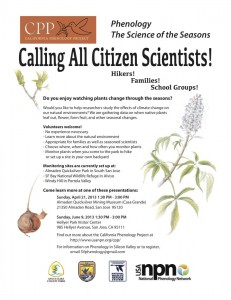Teach Astronomy Through Storytelling and in the Context of the Next Generation Science Standards!
Galileo Looks Beyond to Other Worlds
A Hands-on Workshop on Astronomy and Space Science for Teachers in Grades 3-12 from the Galileo Teacher Training Program
Saturday, July 20 and Sunday, July 21, 8:30am – 5:00pm both days
Location: Clark Hall on the campus of San Jose State University, San Jose, California
Featured Presenters:
Lynn Moroney, StarTeller, noted author and storyteller
Dr. Steve Howell, NASA Ames Research Center, Project Scientist on NASA’s Kepler Mission
Explore the Universe near and far through classroom-tested, standards-based, hands-on astronomy activities. Discover investigations and techniques to help teach earth and space science in the context of the Next Generation Science Standards. Learn how you can teach astronomy through storytelling and engage your students from diverse and underserved populations in science through their astronomical heritage. And find out about the latest discoveries by NASA’s Kepler mission and the search for planets around distant stars. Participants receive a wealth of teaching resources, including The Universe at Your Fingertips 2.0 DVD-ROM (retail value $30), a large collection of resources for teaching astronomy.
Target Audience: Teachers in grades 3 – 12; and those who work with them
Cost: $75 until May 15 / $95 from May 16 – July 5 / $125 on site July 20
*** A limited number of scholarships for this workshop are available for California teachers ***
For more information and a link to register, go to: http://astrosociety.org/


